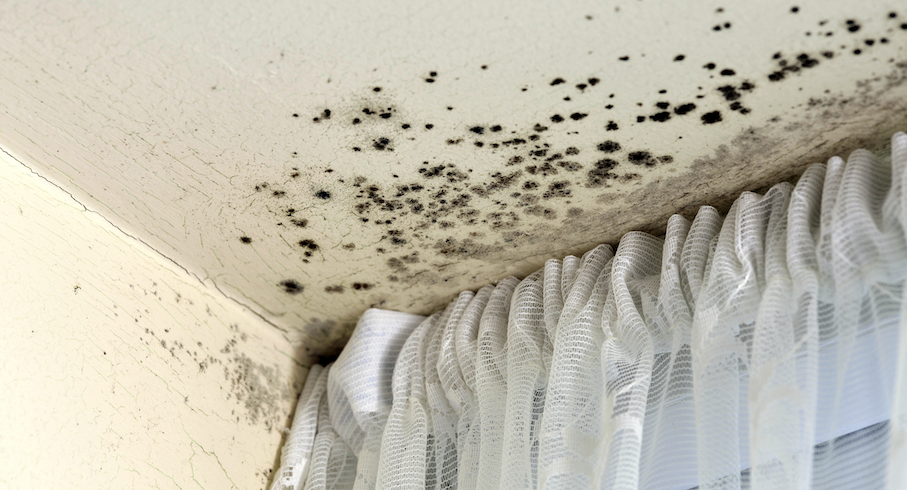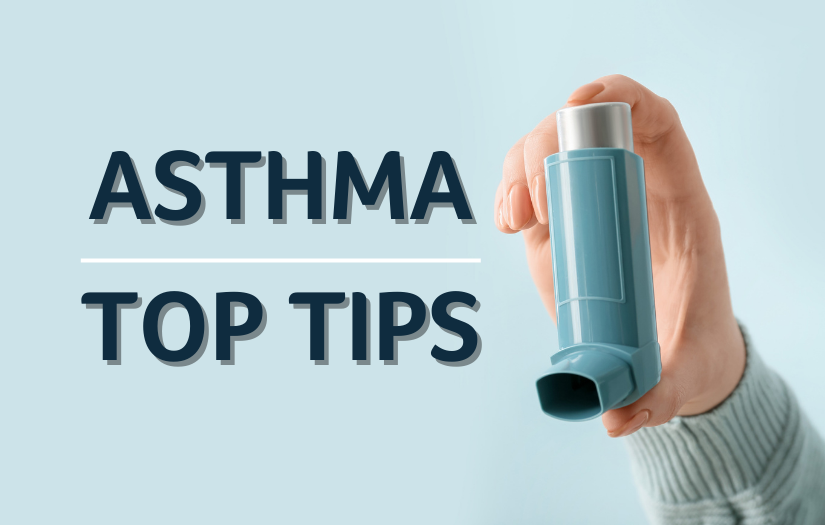Does cold weather affect those living with asthma?
Yes! Cold weather is a common asthma trigger, making colder months a challenging and potentially dangerous time of the year for many people living with asthma. Changes in weather and fluctuating temperatures are known to inflame airways and trigger asthma flare-ups.
Why is my asthma worse in cold weather?
Everyone’s asthma triggers are different. But those living with asthma will often find their asthma symptoms get worse when there is colder weather.
Dry, cold air:
Cold and especially dry air can irritate your airways and trigger asthma symptoms, making it difficult to breathe. If cold, dry air affects your asthma, you can reduce your airway’s exposure to cold, including:
- Wear a scarf, buff or mask to cover your mouth and nose, which helps add moisture and heat the air that you breathe in when you go outside or exercise on cold days.
- Take your reliever inhaler before you leave your house or go out into the cold and before exercising outdoors in cold weather.
Cold and flus:
When the weather becomes colder, there is a likelihood that colds and flus are making the rounds at work, school and home. Cold and flu infections can spread very easily, and having a cold, flu, or other viral infection may trigger asthma symptoms. Therefore, keeping fit and healthy, avoiding contact with those who are unwell and getting regular flu vaccines, are recommended.
Spending more time indoors:
On average, we spend 90% of our time indoors throughout the year, even more when the weather gets colder. Unfortunately, indoor environments are often poorly ventilated, causing humidity to rise and creating ideal conditions for mould and house dust mites to thrive. We are also a nation of pet lovers, with our pets often living indoors and dispersing allergens around the home.
Therefore, when the weather is colder and we spend more time indoors, those living with asthma could be at risk of an asthma flare-up if their symptoms are triggered by dust, mould, or pet dander.

 Helpline
Helpline





